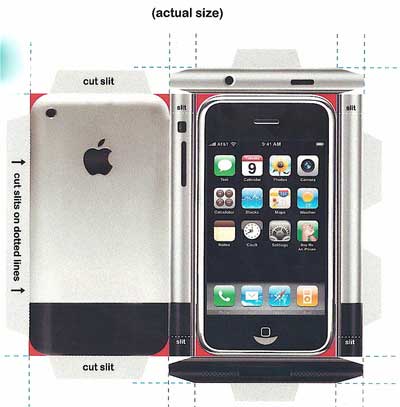Well according to this report he has, anyway.
Rupert Murdoch has succeeded with his $5bn (£2.5bn) bid for Dow Jones, owners of the Wall Street Journal, according to a report in The Business.
Negotiations are finished and the board is confident the terms of the deal will be accepted by the Bancroft family, which controls a majority of voting shares in Dow Jones, the Business reported, citing people close to the Dow Jones board.
A formal announcement of the deal is expected next week, The Business reported.
Murdoch’s News Corporation will take over America’s most prestigious financial publisher at the price he originally offered on April 17, when he proposed $60 a share, the magazine said.
He has, apparently, given guarantees of ‘editorial independence’. Ho, ho!






